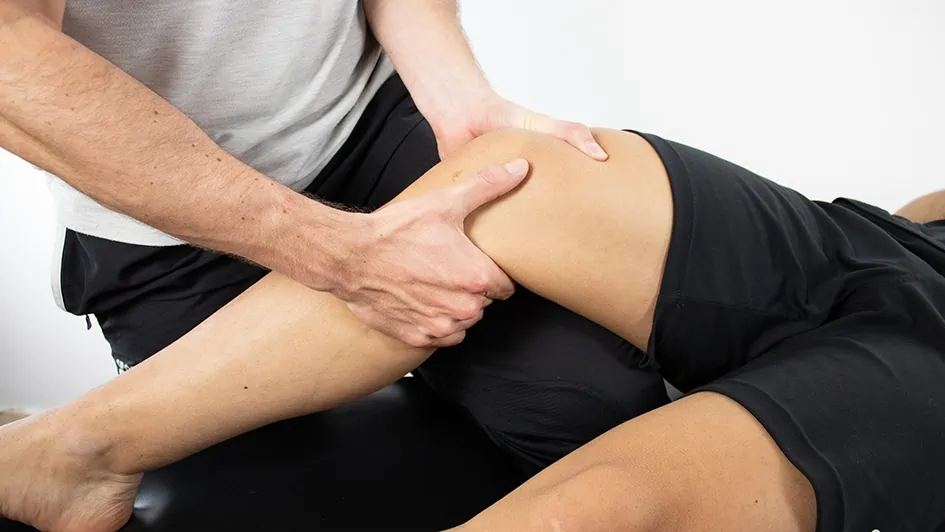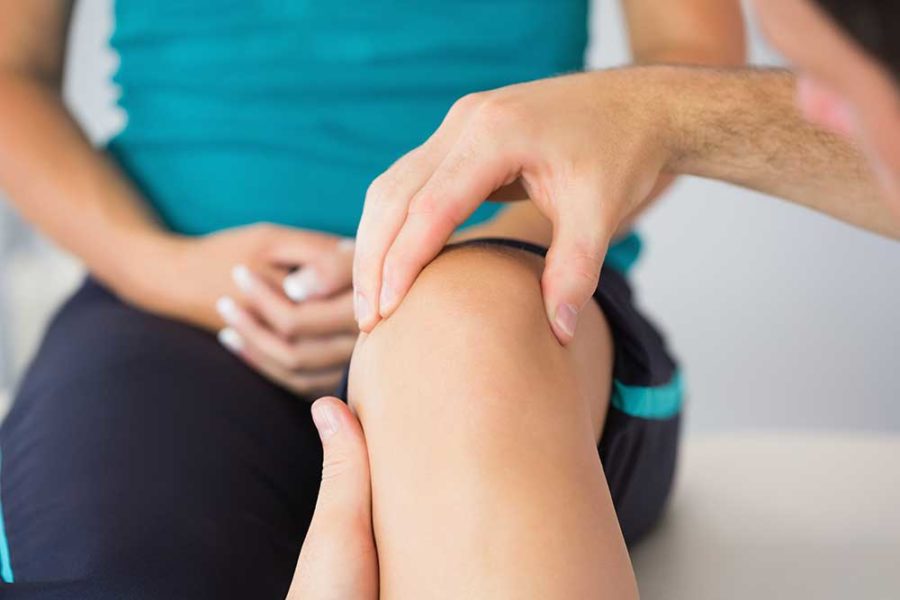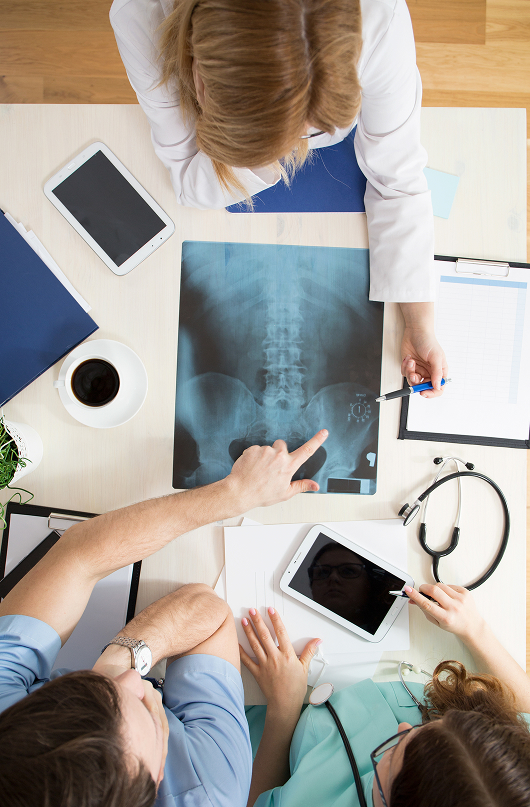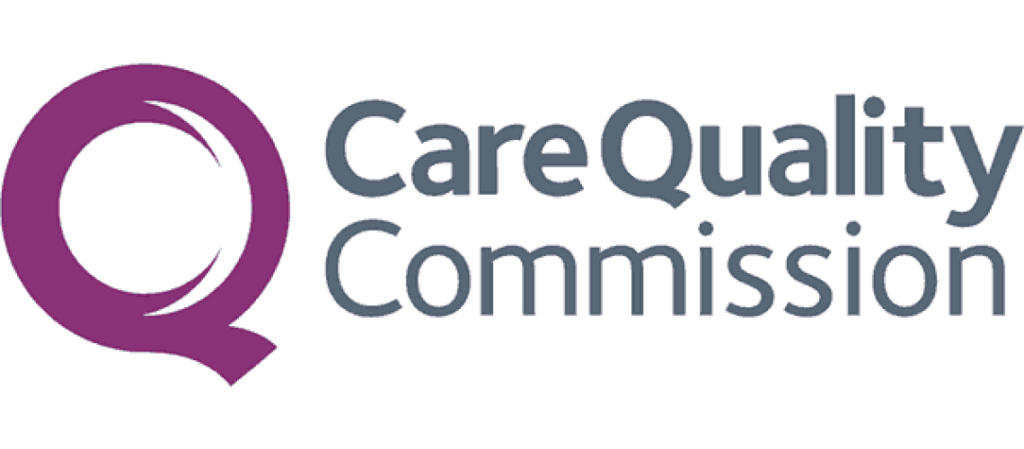ACL reconstruction - autograft/allograft/REGENTEN
Autograft, allograft and regenten are three ways of treating a torn anterior cruciate ligament (ACL). Autograft involves taking a tendon from the patient’s body, whilst allograft involves a tendon taken from a donor. REGENTEN uses a collagen-based bioinductive implant.

At a glance
About
Tendon reconstruction treatment for torn ACL
Effective
Referrals
Not Needed
Booking
Instant-book option available
Cost
-
Lincolnshire £ 9800
Nature of ACL reconstruction
ACL reconstruction is a surgical procedure used to replace a torn anterior cruciate ligament and restore stability to the knee. The damaged ligament is removed and replaced using a graft, either from the patient’s own tissue (autograft), donor tissue (allograft), or enhanced biological scaffolds like REGENETEN. The graft integrates into the knee over time, forming a new ligament. It’s commonly performed arthroscopically, reducing recovery time and scarring.
Common causes of ACL injuries
ACL injuries often result from sudden stress or impact on the knee joint, including:
Sports trauma: Quick pivots, stops, or directional changes during football, skiing, or basketball can tear the ACL.
Falls or collisions: Direct blows or awkward landings can overload and rupture the ligament.
Knee instability: Weak supporting muscles or past injuries can make the ACL more vulnerable.
Improper technique: Poor movement mechanics during training can increase strain on the knee.
Genetic or anatomical factors: Certain knee structures or limb alignments may predispose individuals to ACL damage.
Diagnosis for ACL reconstruction
Diagnosis typically begins with symptoms such as a popping sound at the time of injury, swelling, instability, and difficulty bearing weight. A physical exam includes specific tests to assess the integrity of the ACL, such as the Lachman or pivot shift test. MRI scans confirm the extent of ligament damage and help identify any associated injuries like meniscal tears. Surgery is usually recommended for active individuals or those with persistent instability after conservative treatment. Choosing between autograft, allograft, or regenerative options depends on patient needs, activity level, and recovery goals.
Suitable for
ACL tear

ACL Rupture

Treatment overview
Autograft, allograft and REGENTEN similar treatments for ACL tear, each has slightly different benefits and possible side effects.
Allograft
With allograft, a tendon is taken from a human cadaver, usually from the Achilles or patellar tendons. The donated tendon is thoroughly sterilised and processed before it is implanted into the patient’s knee.
An autograft offers several benefits:
- Because there is no ‘donation site’, an allograft can mean smoother and faster recovery.
- An allograft means shorter surgical time.
Autograft
With autograft, a tendon is harvested from the patient’s body. Tendons will usually be taken from the patellar, hamstring or quadriceps.
An autograft offers several benefits:
Because the tendon is taken from your own body, there is no potential for disease transmission or rejection.
An autograft is stronger than an allograft, due to the sterilisation process of an allograft.
The body may integrate the autograft tissue more readily.

Benefits

Suitable for all ages; autograft is usually recommended for patients under 40, allograft for those over 40.

Low-to-minimally invasive treatment for ACL tears.

Recovery from 6-12 months, with most patients returning to full activity.
How to Pay
We offer a range of flexible payment options to make your treatment experience smooth and stress-free.
Paying for Yourself (Preferred Option)
Most patients choose to self-fund their treatment. We accept:
- Bank Transfers
- Credit/Debit Cards
- Cash (in person only)
Instalment Plans
We’ve partnered with GoCardless to offer interest-free instalment options. You can easily set up a Direct Debit to spread the cost of your treatment over time.
Finance Options
Looking for a financing plan? You can apply through Kandoo, our trusted finance partner.
- Instant online decision
- No impact on your credit score
- Multiple lenders for competitive rates
Private Medical Insurance (Limited Availability)
We work with a small number of approved insurance providers. However, due to restrictions from many insurers, not all treatments are covered. Please check with your insurer and speak to our team before booking to avoid disappointment.
The booking process
Online booking/call
Use our Calendly to book an initial consultation, or give us a call.
01
Consult
Our doctors might request you arrange a scan before your initial consultation. Or, they’ll chat with you (face to face or online) and recommend a scan after your initial consultation, if they think you need one.
02
Treatment
Once your scan results have been reviewed, and your doctor has explained your options, you will be booked in for treatment.
03
Rehab
Following your treatment, your doctor will give you rehab recommendations.
04
Follow up
You will be booked in for a follow-up consultation, so your doctor can check your progress. You might need further rehab after this consultation.
05
Discharge
Once your doctor is happy with your recovery, you will be discharged. After discharge, we are always here for further questions or support, should you need it.
06
Frequently Asked Questions
Are autograft, allograft and REGENTEN surgical procedures?
Yes, these treatments are completed under general anaesthetic due to the complexity of the surgery and the precision required. If your doctors recommend autograft treatment, the procedure is slightly more complex, as you will also have a donor site.
What is the recovery process?
When comparing autograft and allograft, the recovery of autograft might be slightly faster in the short term. This is because the tendon often integrates faster. However, the long-term recovery is generally similar, with most patients returning to sport after 6-12 months.
Your specific recovery time will depend on individual factors like age, diet, activity level and your overall commitment to rehabilitation.
Looking for Treatment in London?
We now offer select services at our Harley Street London clinic through the London Cartilage Clinic, led by internationally recognised surgeon Professor Paul Lee.
Specialist in Cartilage Repair & Joint Preservation
Our London clinic offers advanced treatments like cartilage regeneration and joint preservation to help patients avoid or delay joint replacement.
Harley Street Clinic
Located in Central London, our clinic provides convenient access to world-class musculoskeletal care without long NHS wait times.
Transparent Pricing & Direct Booking
If you would like to be seen in Central London, visit our London Clinic page for pricing, available treatments, and to book directly online.
Faster Recovery Outcomes
Our Harley Street clinic uses cutting-edge techniques designed to reduce downtime and support faster, more effective recovery, getting you back to your lifestyle sooner.
Schedule A Non-Medical Discovery Call With Us
Don’t wait to find relief. Whether it’s a consultation, scan, or treatment, we’re ready to help.






